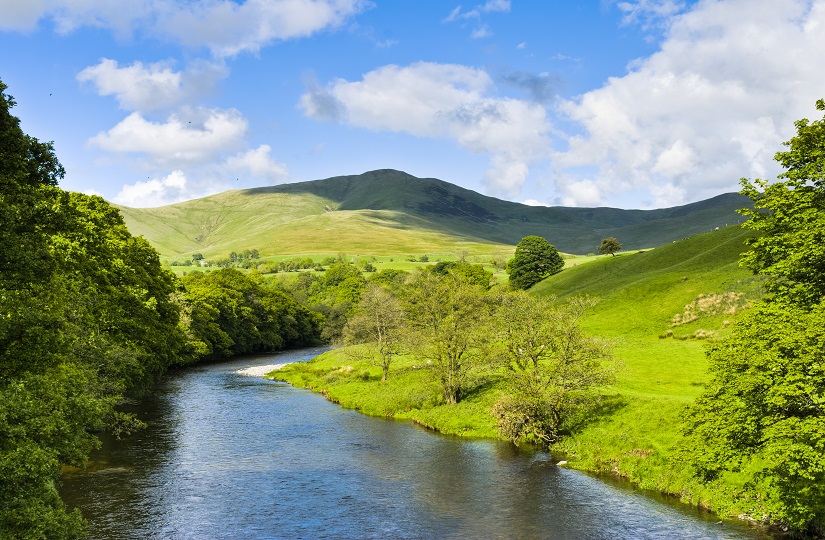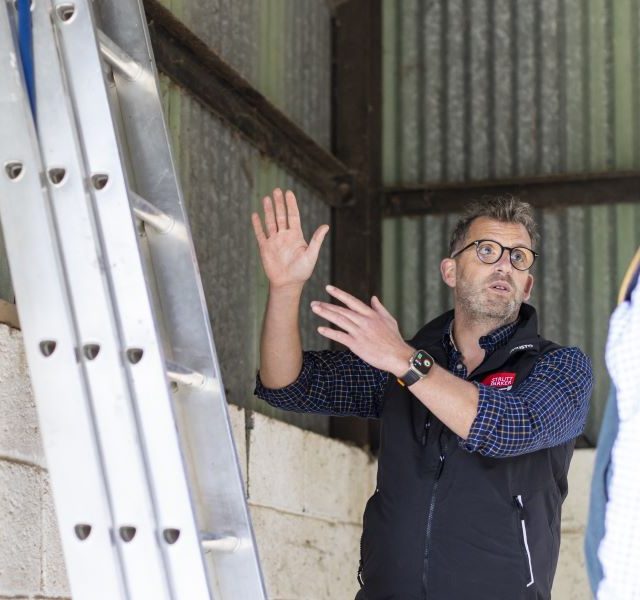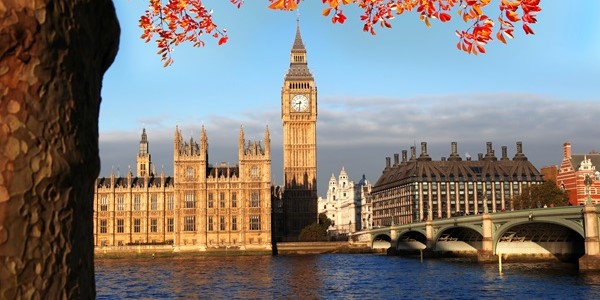Land Business Update Week Commencing 30th August 2021
Welcome to our update on key land management, farming, planning and energy issues.
FARMING
Agricultural Transition Plan in England poster
There are over 15 elements of the Agricultural Transition Plan in England – and that excludes changes to existing schemes. We have produced a hopefully simple poster that sets out, by scheme, the start and end dates and also significant dates, such as for consultations. Please contact your local office for a copy or download it from our new look Rural Hub. A number of actions are expected in the autumn:
- The Landscape Recovery scheme will open for pilot applications (see separate article)
- The Sustainable Farming Incentive pilot will also open.
- The Farming Equipment and Technology Fund, which is similar to the previous Countryside Productivity Small Grant Scheme should open.
- The Tree Health Pilot should open very shortly.
- The Innovation Research and Development Scheme will open for applications.
Landscape Recovery scheme pilot to open for applications in autumn
Defra has published more details of how the pilot scheme for Landscape Recovery, which is one of three schemes proposed under Environmental Land Management (ELM), will work. Landscape Recovery is the ‘top tier’ of the three schemes and is aiming to deliver long-term (20 years +) ecosystem recovery and landscape projects at a large-scale (500 – 5,000 ha of land that is joined / contiguous in some way e.g., along a stream). Agreements will be bespoke and individually negotiated. Landscape Recovery is different to Local Nature Recovery (the second tier) as it is the land manager(s) who decide what they want to do and be paid for. Also, there is a greater element of collaboration in Landscape Recovery, as there will be a single agreement covering all of the land managers in a project. Defra wants to test the scheme by having 10 pilot projects. The first wave of projects will focus on two themes: recovering and restoring threatened native species (birds and insects); and restoring streams and rivers. In the autumn, applications for pilot projects will be invited through a ‘light touch’ open process. Bids will be scored against ‘selection criteria’. Projects will score more highly if they have a greater impact from a current (low) baseline. Successful bids will receive project development funding (up to £500,000 per project) and are expected to take 6 – 18 months to fully develop their projects. Successful projects will come to a long-term agreement with Defra and start to deliver the changes on the ground. Payment rates will be negotiated and be bespoke to each project; they can pay for upfront capital works as well as management. Projects that include funding from private sources will be welcomed. For further details please contact Jonty Armitage or Jason Beedell.
Live animal exports
Live animal exports from Great Britain for stock destined for fattening and slaughter are to end, with the ban possibly starting in 2022. An exemption will apply for breeding stock. New rules will also be introduced for transportation of animals within Great Britain, including reduced maximum journey times, greater space allowances, and amended rules during extreme weather.
ENVIRONMENT
No transformation of lives needed to tackle climate change, according to Blair Institute
This interesting report says that small reductions in flying, driving and what we eat are needed to meet climate change targets – so a quite different message to some reports. It says that kilometres travelled per driver would need to decline by 4% between 2019 and 2035, although 60% of cars would need to be electric. Meat and dairy consumption would have to be cut by 20% so “we do not all need to become vegetarian”, and 40% of homes should move to low-carbon heating systems by 2035. Its conclusion, which will appeal to many, is that the number of behaviour changes that really matter is relatively limited and net zero will not require total transformation in all aspects of our lives. This does not however mean that the changes that are required can be delayed any further or that some of the changes, such as low carbon heating, will be easy.
100 Days of Possibility to make the world more sustainable
In the last edition, we reported on Earth Overshoot Day which is the day during the year when humanity has used up all biological resources. This day has shifted from being in December in the early 1970s to being in July recently. It is a clever way of illustrating the scale of the challenge facing the world if we want to live in a sustainable way. The organisation that works this out is also publishing one idea or possibility a day for how to be more sustainable. Since Earth Overshoot Day on 29th July, the ideas include low energy development and making places more cyclist and walker friendly, reducing food waste, eating local food, electric heat pumps, renewable energy and silvopasture. The website shows examples of each possibility – and how much each would make the world more sustainable. Great food for the mind!
Hydrogen Strategy
The government has finally published the UK’s first strategy for producing and using hydrogen to heat houses, power vehicles and to be used by industry. The target is to produce 5GW of low carbon hydrogen by 2030, which is the equivalent of replacing natural gas in heating and powering around 3 million homes, which is about 10% of UK homes. Eventually hydrogen could power about a third of homes, up from the current 5% of homes with low-carbon heating. The Strategy includes:
- A public consultation on a preferred hydrogen business model to overcome the cost gap between low carbon hydrogen and fossil fuels.
- A consultation on the design of a £240 million Net Zero Hydrogen Fund to support the commercial deployment of hydrogen plants.
- A ‘twin track’ approach of supporting multiple technologies, including ‘green’ (lower carbon) hydrogen and ‘blue’ (higher carbon hydrogen). This is one of the most controversial elements of the Strategy.
- A review on how to develop the necessary network and storage infrastructure for hydrogen.
- Assessing the feasibility of mixing 20% hydrogen into the existing gas supply.
There is still a debate about the potential of hydrogen as currently almost all hydrogen is produced using fossil fuels. ‘Green hydrogen’ is 2-3 times more expensive to produce. In terms of the UK meeting its climate change targets, heating and powering homes is a key area to watch. The first trials of injecting hydrogen into existing gas supplies starting in 2018 at Keele and Northern Gas Networks has also started a trial near Gateshead. This is also controversial as some commentators claim that six times as much electricity would be needed to make hydrogen from electrolysis to fuel boilers as would be needed to run heat pumps. Northern Gas Networks, which is testing hydrogen boilers, cookers and heaters in two specially built demonstration houses in Gateshead, says that heat pumps are a good choice in new-builds that are super-insulated but in existing housing that is not very well insulated a gas / hydrogen boiler is the only alternative.
Business chiefs call for retrofit scheme to hit home emissions target
Linked to the above, fourteen organisations have called for the government to cut emissions from the UK’s 29 million homes. The organisations include gas and energy suppliers, builders and bankers. They say that the UK’s housing stock is among the least energy efficient in Europe and that policy on improving the houses is lagging behind what is needed. The government has promised to publish a Heat and Buildings Strategy but it has been delayed from last year. The last two major government programmes on energy efficiency and retrofitting – the Green Deal and the Green Homes Grant – have both been closed early after problems.
COP26 video competition
The CLA has asked land managers and business owners to send in very short videos (30 seconds) of how they are combatting climate change. The videos can be shot on a phone and there are prizes for the winners. Closing date for entries is 31st October.
PROPERTY AND THE RURAL ECONOMY
New AgriFrance report on succession and the French land market
AgriFrance, part of the BNP Paribas group, has published a report on succession, some of the challenges facing the rural sector and how to encourage young people into rural businesses. It is an interesting read and includes examples from across Europe and the wider world. It also has a detailed review of the rural land market in France, for farmland, viticulture and forestry. You can download a copy here.






